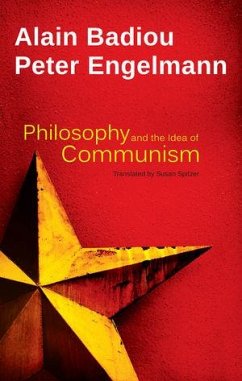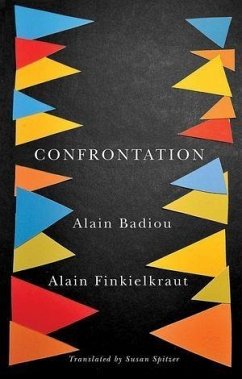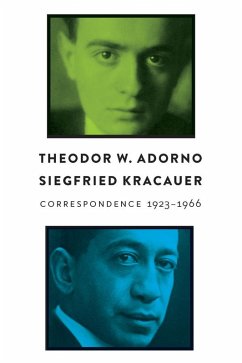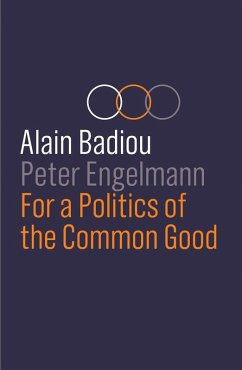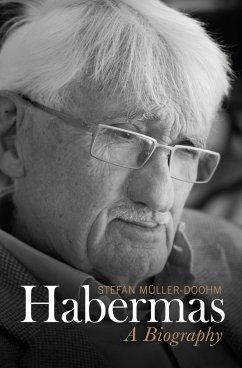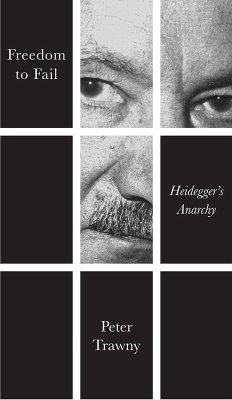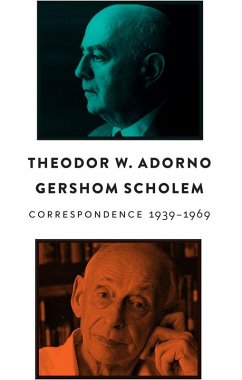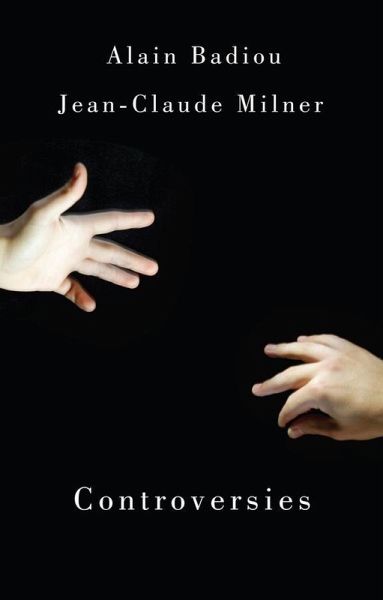
Controversies (eBook, ePUB)
Politics and Philosophy in our Time
Versandkostenfrei!
Sofort per Download lieferbar
18,99 €
inkl. MwSt.
Weitere Ausgaben:

PAYBACK Punkte
0 °P sammeln!
Alain Badiou was born in 1937 in Rabat and Jean-Claude Milner in 1941 in Paris. They were both involved in the "Red Years" at the end of the Sixties and both were Maoists, but while Badiou was focusing all his attention on China, Milner was already taking his distance from it. Over the years, that original dispute over the destiny of gauchisme was fueled by deep, new differences between them concerning the role of philosophy and politics. In this wide-ranging and compelling dialogue, these two great thinkers explore the role of politics in today's world and consider the need for a formal theor...
Alain Badiou was born in 1937 in Rabat and Jean-Claude Milner in 1941 in Paris. They were both involved in the "Red Years" at the end of the Sixties and both were Maoists, but while Badiou was focusing all his attention on China, Milner was already taking his distance from it. Over the years, that original dispute over the destiny of gauchisme was fueled by deep, new differences between them concerning the role of philosophy and politics. In this wide-ranging and compelling dialogue, these two great thinkers explore the role of politics in today's world and consider the need for a formal theory of communist political organization. Whether they are addressing the era of revolutions, and in particular the Paris Commune and the Chinese Cultural Revolution, or discussing the infinite, the universal, the name "Jew", violence, capitalism, the left, or Europe, Jean-Claude Milner's dyed-in-the-wool skepticism constantly runs up against Alain Badiou's doctrinal passion. This extraordinary debate ultimately leads to new areas of interrogation and shows that there is no better remedy for the crushing power of media-influenced thinking than the revival of the great disputes of the mind.
Dieser Download kann aus rechtlichen Gründen nur mit Rechnungsadresse in D ausgeliefert werden.




